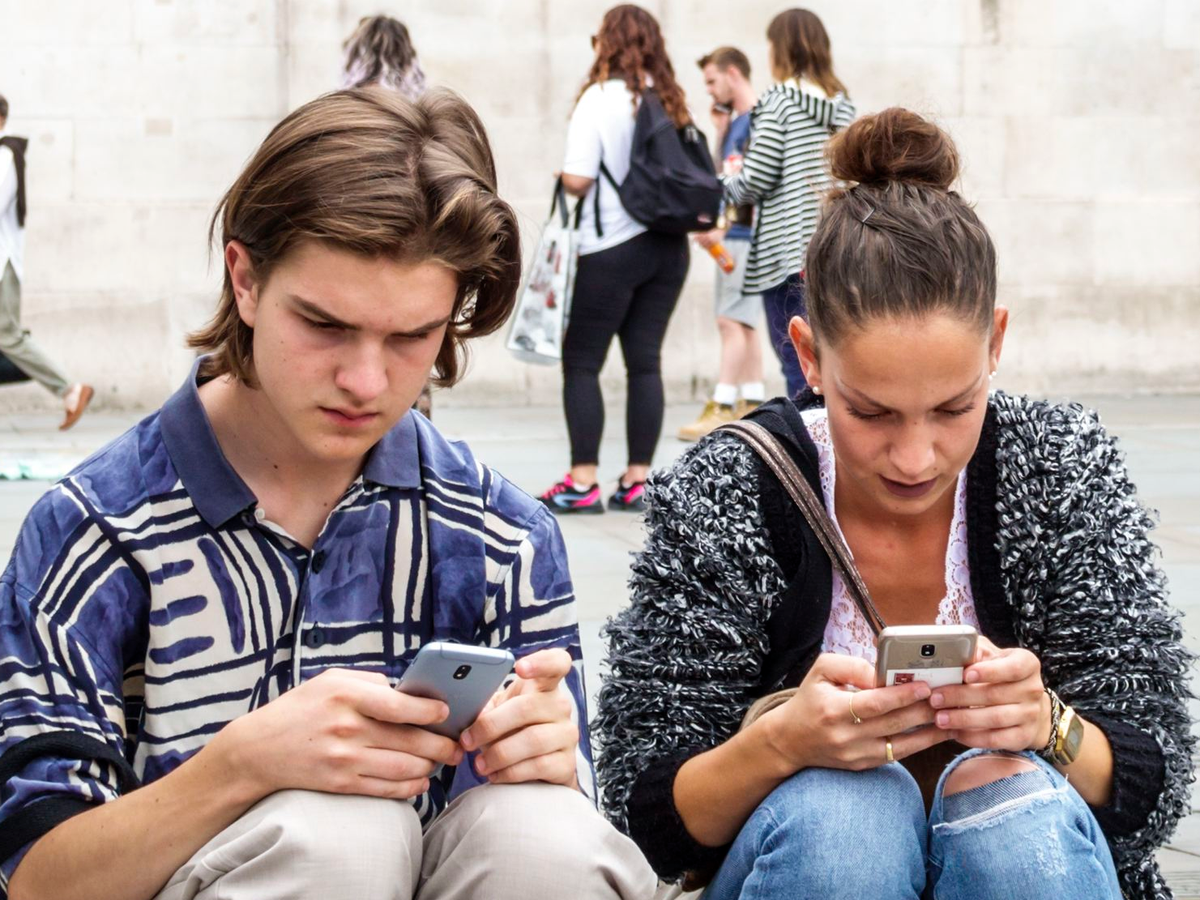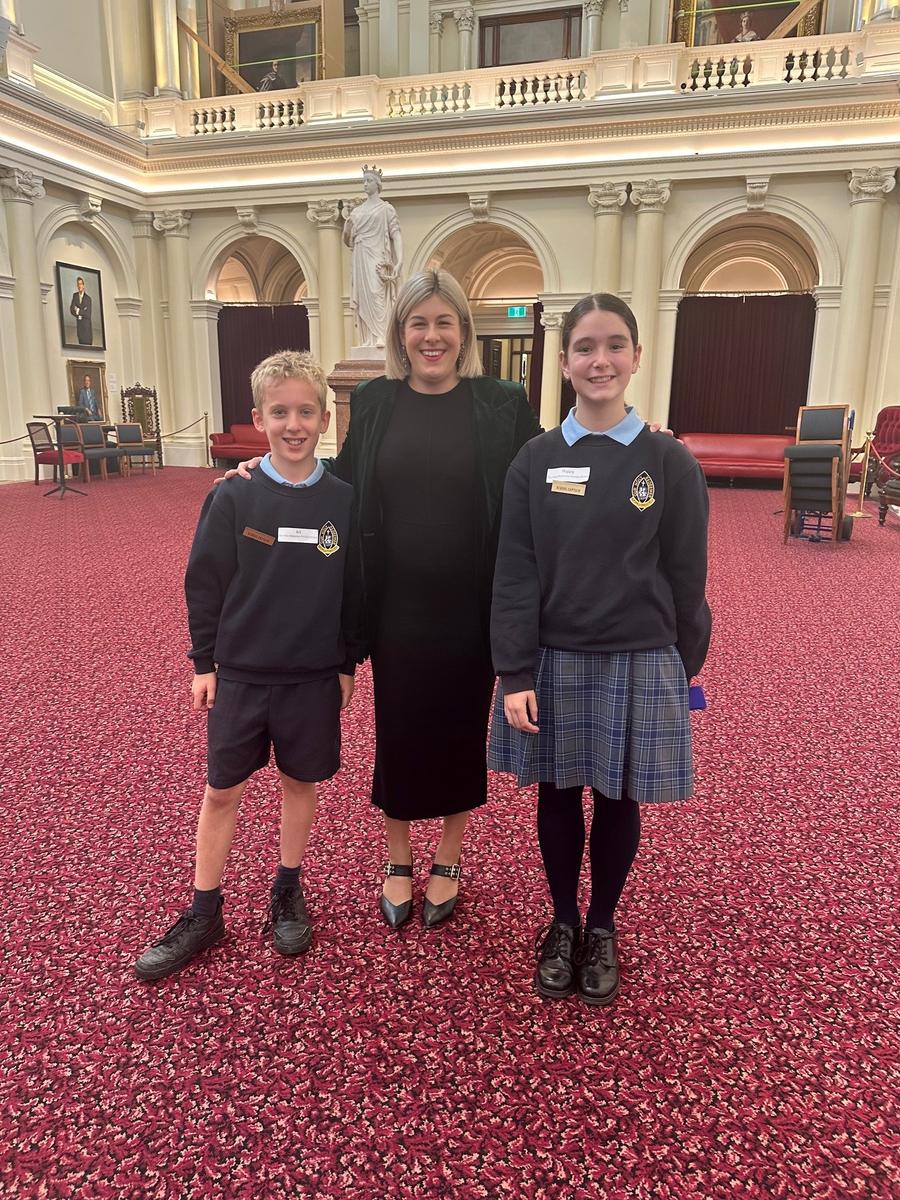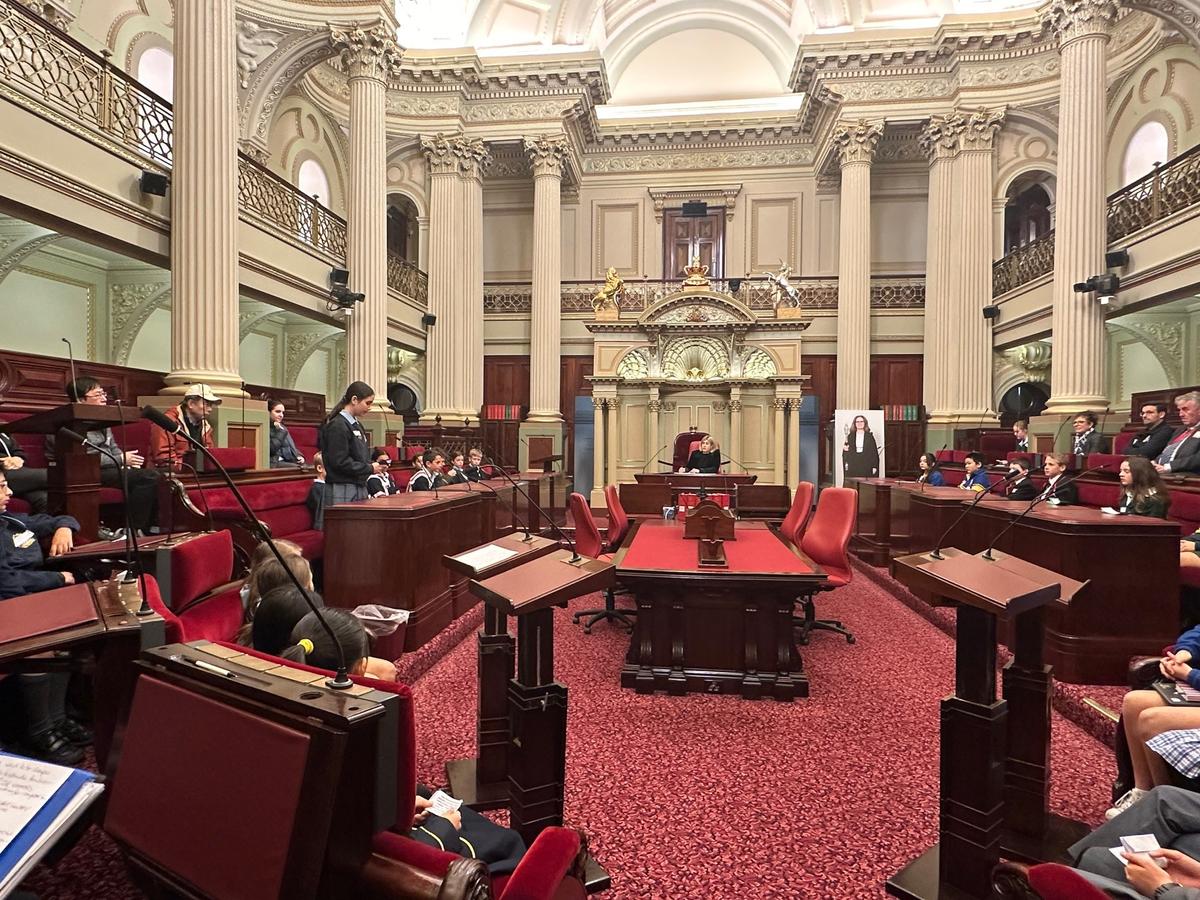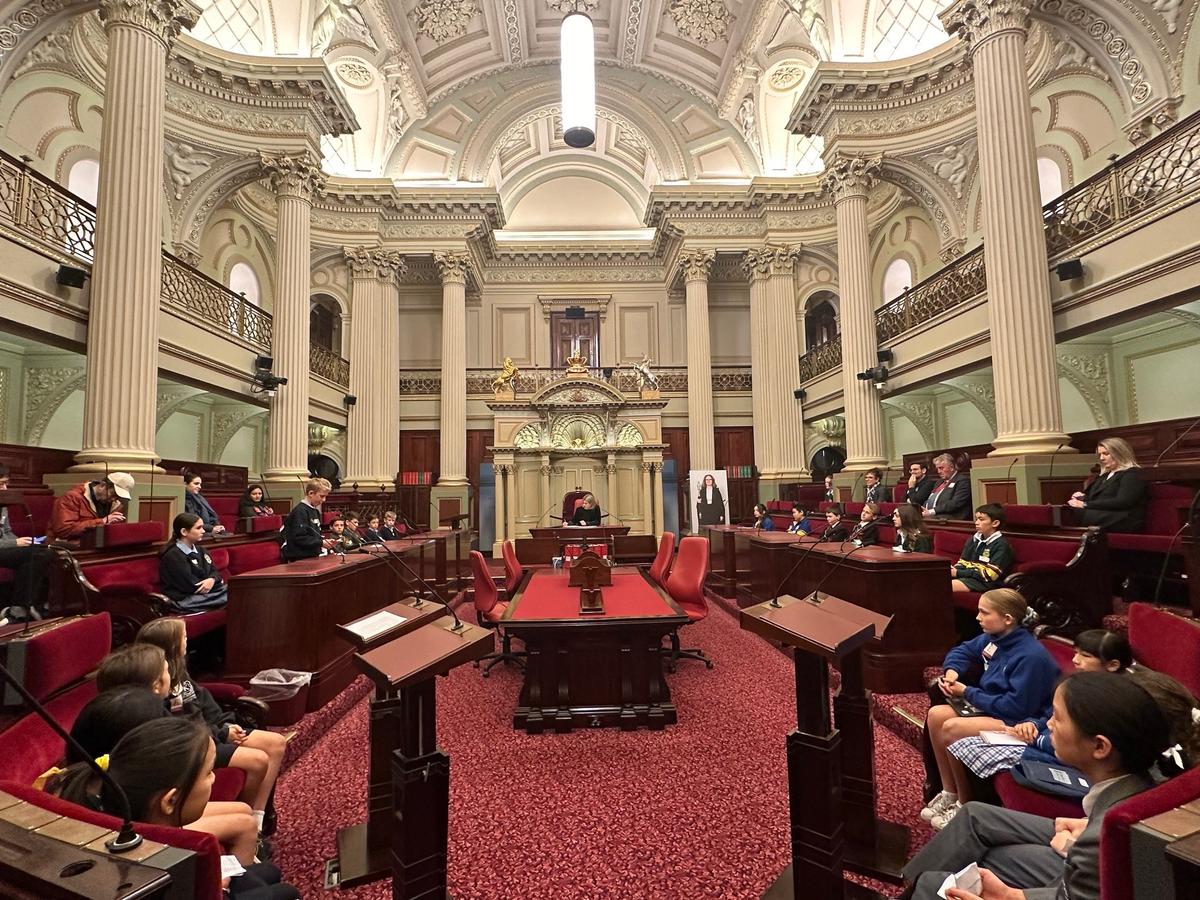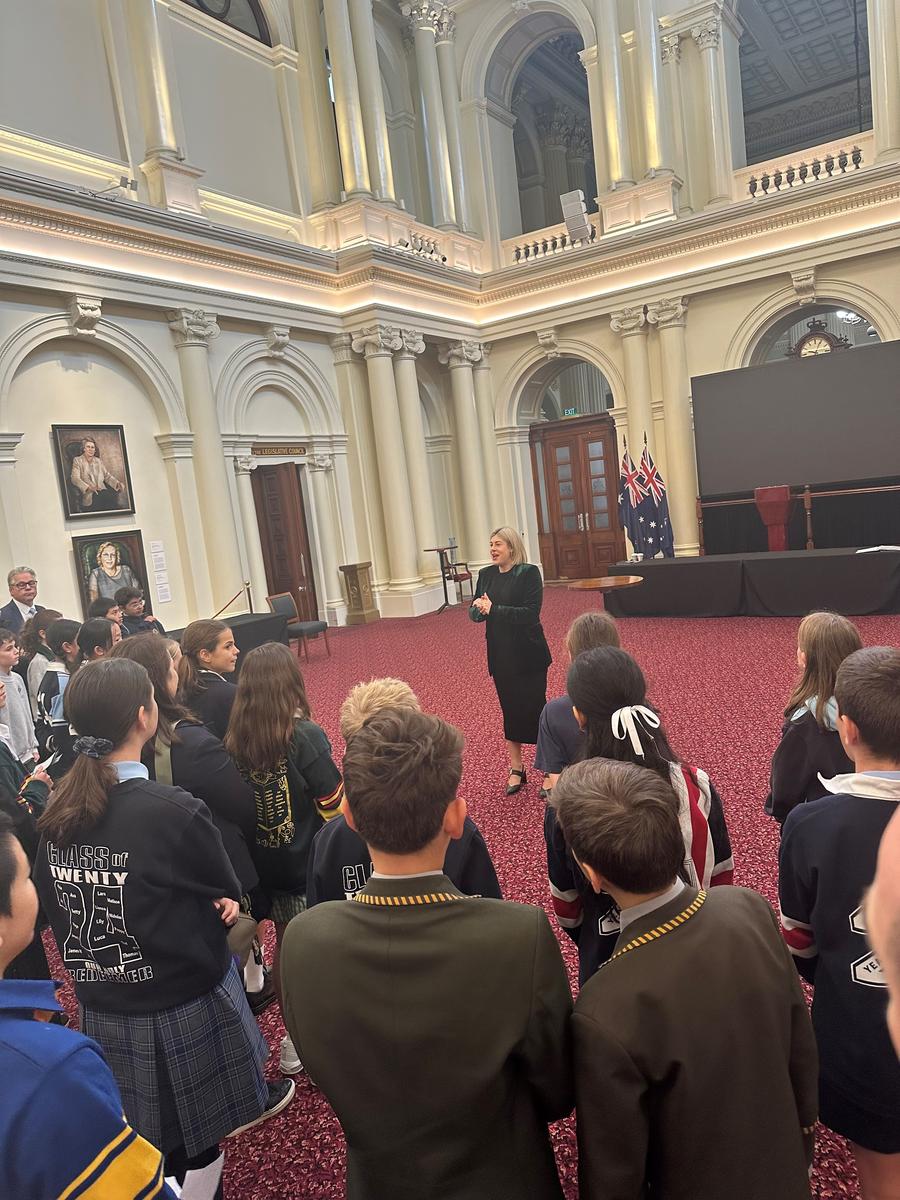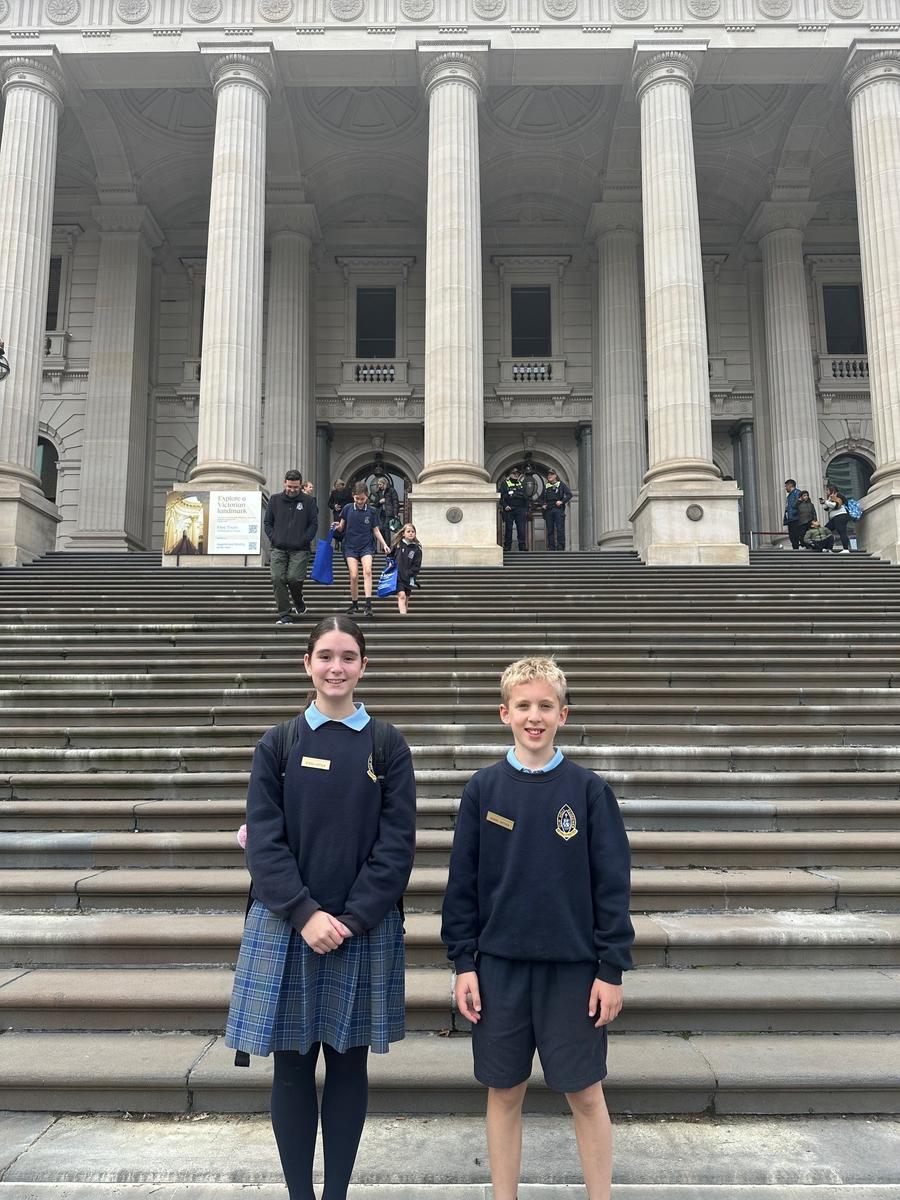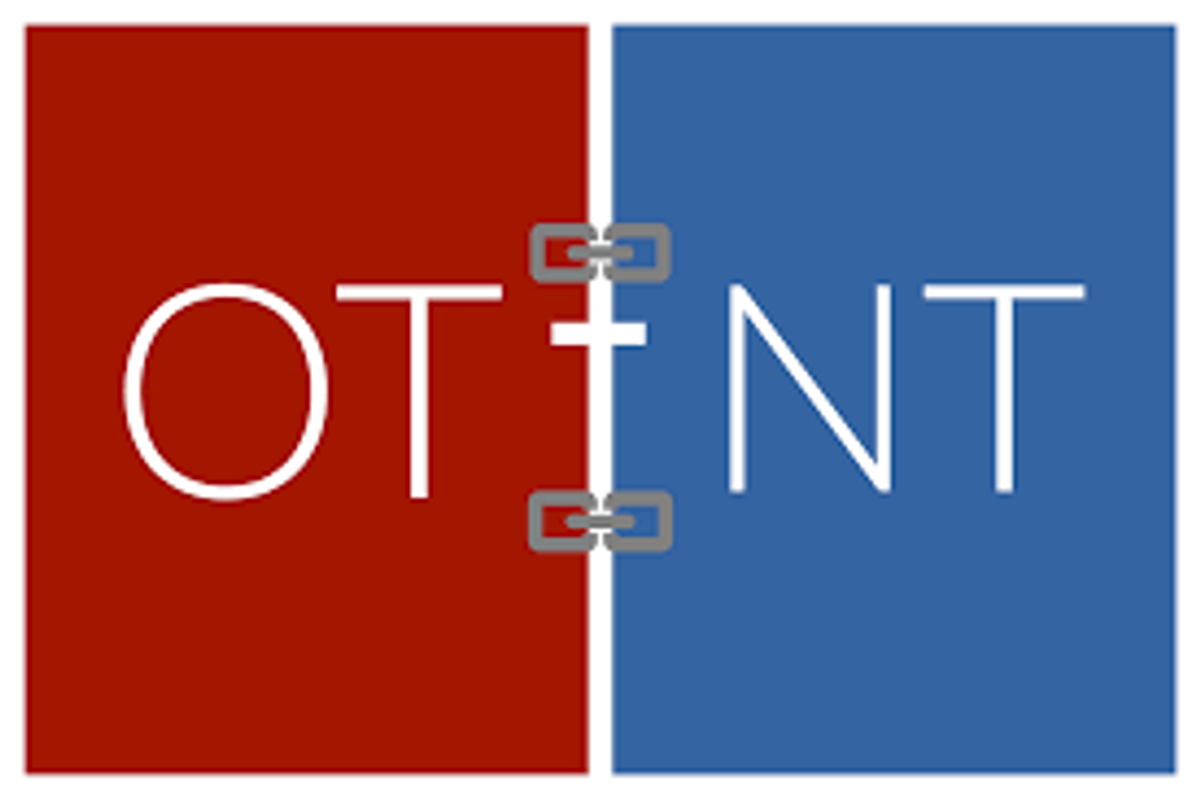Principal's News
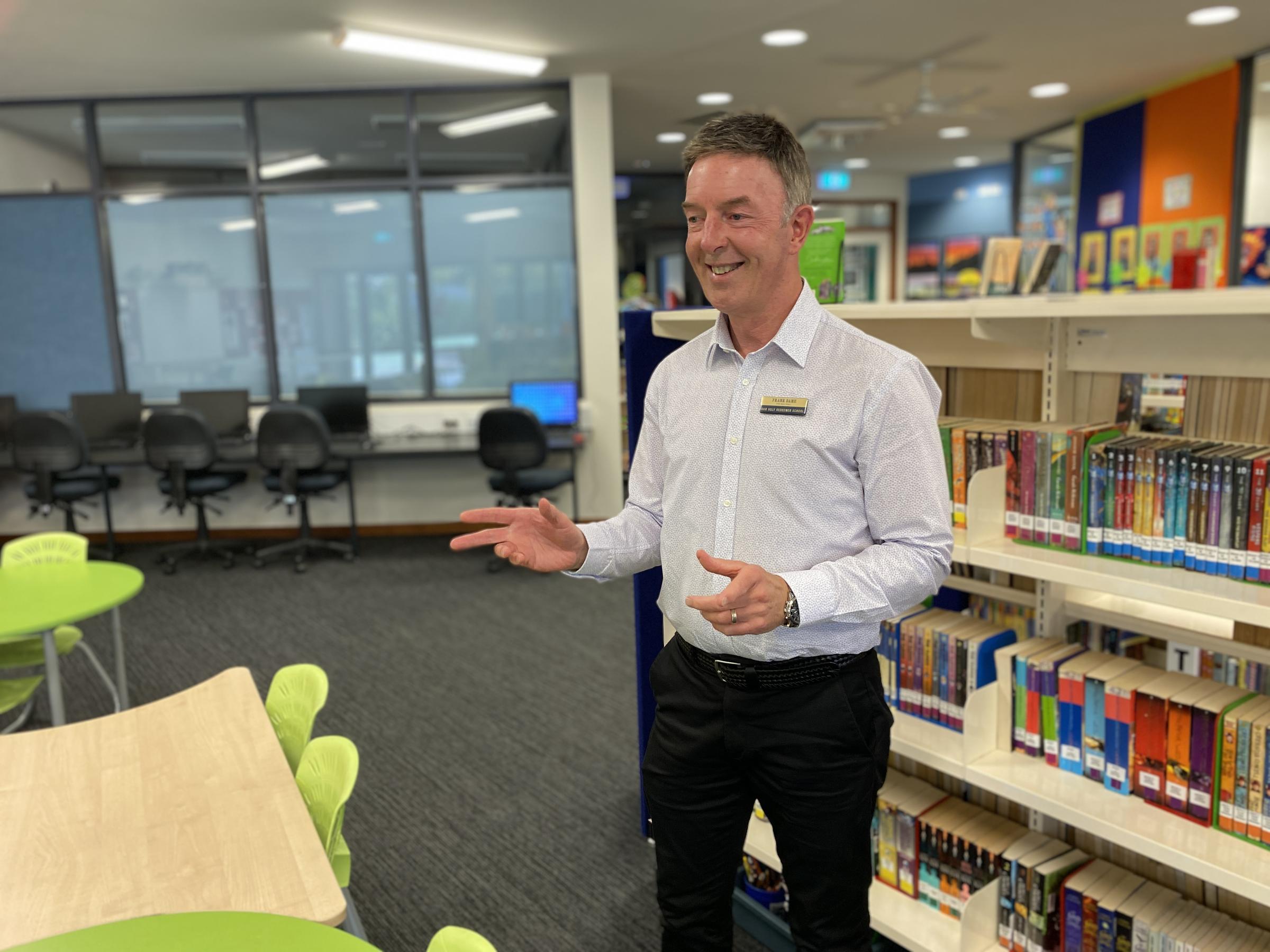
Dear Parents & Parishioners,
Gen Z have never known a world without the Internet. As a result, their hobbies, careers, identities and language are being powerfully shaped by their relationship with the online world.
A Deloitte survey found that only 10% of Gen Zs opt to watch a TV show or a film in order to switch off or recharge. In comparison, 26% say that online gaming is their favourite way to pass the time. For the rest of the Gen Zs in the survey, their favourite forms of entertainment are listening to music (14%), browsing the Internet (12%) or scrolling through social media (11%).
When talking about the online world, however, we are likely to mean something completely different in relation to Gen Z than we do in relation to their older counterparts.
While apps like TikTok, Discord and Twitch may be entirely unfamiliar to older generations, they are part of the online everyday for young people. In 2020, the amount of time that Gen Z spent on the app eclipsed their use of YouTube, and in 2021 TikTok was the world’s most visited internet site – even beating Google. On average, each of TikTok’s one billion users spend 24 hours viewing content on the platform per month.
Every minute spent on TikTok represents time not spent using other apps such as Facebook. To this point, research in 2021 found that just 29% of 15-year old’s regularly use Facebook – a figure that has slumped from 94% a decade earlier. It’s not all bad news for Facebook though with 83% of teenagers regularly using their subsidiary app Instagram.
Interestingly, being online is not only Gen Z’s favourite way to pass the time but it is also the place they tend to feel most like themselves. In a 2021 survey by Coefficient Capital, 45% of Gen Zs say they feel most like their authentic selves online whereas 40% say that they are most authentic in the real world. This is in stark contrast with older generations. Amongst Gen Xers, only 22% felt most like themselves online and just 7% of Baby Boomers said the same. For these older generations, they felt much more comfortable and authentic offline (62% for Gen Xers and 75% for Baby Boomers).
Despite this sense of online comfort and authenticity, 40% of Gen Z say that social media contributes to feelings of loneliness and inadequacy. Mental health challenges and an overall sense of pessimism towards the future characterise this generation, with one manifestation of this being their climate anxiety. While they are distinctly progressive and idealistic in their thinking, the overwhelming presence of global unrest, financial crises and pandemic disruptions contribute to their having the least positive outlook compared to other generations.
The impact of the pandemic on them exposed this susceptibility to mental health challenges very clearly. Coupled with the fact that many Gen Zs came of age during the pandemic, these challenges were intensified by the isolation of the pandemic. 83% of Gen Zs say they have a greater appreciation for in-person interactions and just over half said they felt isolated and disconnected during pandemic lockdowns. Significantly, this figure was much higher than the equivalent data for Gen Xers and Baby Boomers. For those already in the workplace, the loss of in-person interaction resulted in a sense of disconnection as well as limited mentoring and career progression opportunities. While 50% of Baby Boomers felt it was harder to stay in the loop while working from home, 74% of Gen Zs reported feeling this way.
It is perhaps this proclivity to negative thinking that gives Gen Zs their famed ironic sense of humour, which presents itself perhaps most clearly in their use of emojis. Where older generations are much more likely to take emojis at face value, Gen Zs use of them is almost always ironic – this discrepancy causing much confusion between different groups.
In her book Digital Body Language, Erica Dhawan examines the dynamics involved in this generation’s very different use of emoji’s. “People over 30 generally use emojis to convey what the images always did, she said, while younger digital natives ascribe sarcastic meanings to them, or use them as shorthand for an entirely different thought.” The stakes are high when it comes to emoji-based miscommunication – especially in the workplace. “The rise of emoji use at work, such as between remote teams during the pandemic, has created more misunderstanding than ever,” according to Dhawan.
For example, where older generations would use the laughing emoji to express laughter, Gen Zs often opt for the skull emoji as a way of expressing that they are ‘dying or dead from laughter’. Where a simple smiley face or thumbs up for older generations would be read as an honest expression of approval, Gen Zs are likely to read it as passive aggression. They use the cowboy emoji to express the idea that they are happy on the outside but ‘dying on the inside’ and the clown emoji in a self-deprecating statement of their own foolishness.
With a distinct set of challenges, an original sense of humour and a unique way of communicating, this generation of digital natives has a whole new way of operating in the online world. But, despite being digital natives, the value of the analogue is certainly not lost on them.
From an article by Michael McQueen, 'Here's How Gen Z Operates Online'. Michael McQueen is a trends forecaster, business strategist and award-winning conference speaker. I was fortunate to listen to Michael at the ICP Conference in Cairns some years ago.
McQueen features regularly as a commentator on TV and radio and is a bestselling author of 9 books. His most recent book 'The New Now' examines the 10 trends that will dominate a post-COVID world and how to prepare for them now.
Primary School Leaders' Forum
On Tuesday, our two school captains - Poppy T and Art T - attended the Primary School Leaders' Forum at the invitation of Jess Wilson MP. The forum was held at Parliament of Victoria, Spring Street Melbourne.
Jess invited the gathered school leaders to briefly introduce themselves, including their name and that of their school.
Of the two students selected from each school, one was invited to speak about a local issue in their community, while the other students was to to speak about a state-wide issue in Victoria.
Art spoke on the local issue where he addressed the need for implementing a program to increase the number of electric charging stations in a bid to encourage more road users to purchase EVs.
Poppy spoke on the state-wide matter where she drew attention to the current cost of living on families and advocated the need to provide free public transport to all students as a means of alleviating the financial strain placed on many.
Both captains represented OHR proudly. They encouraged future student leaders to participate in this event.
Following the student presentations, Jess facilitated a discussion and Q&A from the students. This was followed by a tour of Parliament House.
Jess concluded the day by summarising the issues discussed, and talked about how the students can continue to advocate for the issues they care about and how she can assist them to do so through the Parliament.
Thank you to Natalie Placko for accompanying Poppy and Art to the forum.
Michael Ymer is Coming Back to OHR!
We are excited to share with you that due to popular demand, Michael Ymer - a highly regarded Maths consultant - will soon be returning to OHR following a very successful parent session held earlier this year. Michael's time was limited when he was last with us in February, but this time we are planning a longer session to support our parents support their children in Mathematics. Watch out for the date which will soon be released ...
Family Engagement
On Wednesday morning, Lisa Canty facilitated a conversation between OHR parents on the topic of Family Engagement at OHR. Make sure that you jump to the Student Wellbeing page to find out more.
Semester One Reports & Parent Teacher Conferences
Semester One Reports will go live on Monday 24 June. Instructions for accessing the reports will be communicated closer to the time.
Due to the fact that a number of classroom teachers will be away on Long Service Leave during the last week of Term 2, the Parent Teacher Conferences will be held early next term on Thursday 25 July. Students will be dismissed at 1.00pm on this day.
Tomorrow is a School Closure Day
Tomorrow is a school closure day for staff professional learning. The staffs from our three parish schools will gather together at OLGC where the focus will be on Religious Education.
Wishing everyone a great long weekend,
Frank Dame


